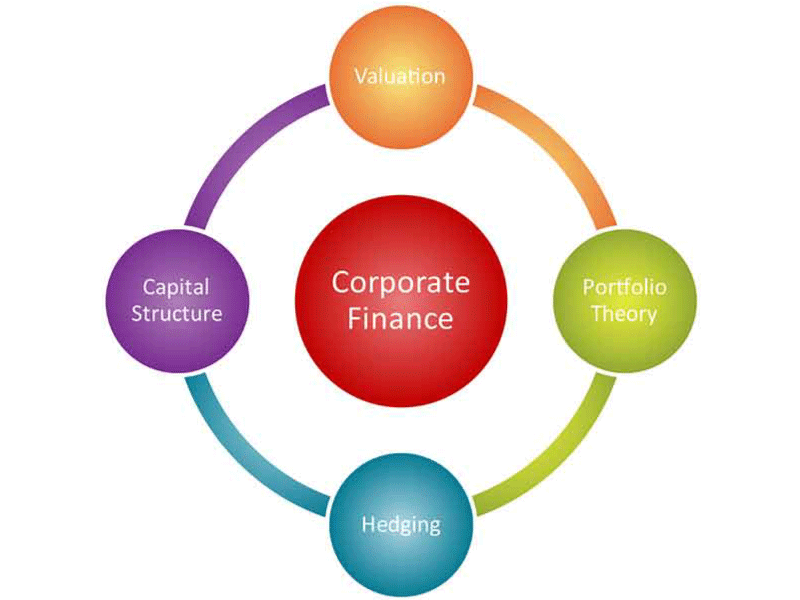“Know what you own, and know why you own it.” – Peter Lynch
Choosing the best financial investment valuation model can be challenging depending on the process used. We believe it all depends on the purpose of the valuation and the market determinants surrounding the investment at the time.
There are a plethora of methods available. Which one should you choose? The answer is there is no one method that is best for all circumstances. Investment instruments, such as stocks, bonds and annuities, behave differently. Each industry sector has unique properties. In most cases, a number of different valuation methods may yield the most accurate results in the form of a range of values or an average value.
Valuation Model Categories
There are two main investment valuation classifications. They are called the “absolute” and “relative” sectors. “Absolute” models attempt to find the value based on the present value of an asset’s estimated future cash flows. They rely on mathematical calculations.
The” relative” methods compare an investment instrument to similar investments based on an analysis of market prices. They usually include comparing ratios such as the price-to-earnings (P/E), price-to-book (P/B), price-to-sales (P/S) and price-to-cash flows (P/CF) of one investment versus another.
Valuation Model Methods
There are three main investment valuation models commonly used in the “absolute” and “relative” categories. They are the “Dividend Discount Model, “Discounted Cash Flow Model” and the “Comparables Method.” Each process has its own strengths and weaknesses.
Dividend Discount Model (DDM)
The DDM is one of the simplest of the “absolute” systems. It is best used to value the investment opportunity of a company that pays stable and predictable stock dividends. This method calculates the value of an investment based on the dividends the company pays its shareholders. The rationale is that valuing the present value of the dividend cash flows is a fair estimate of what its stock shares should be worth.
Discounted Cash Flow Model (DCF)
DCF models are best used when a company does not pay stock dividends or their payments are irregular. In this case, the model calculates the company’s discounted future cash flows and compares them to alternative investments. The organization must have stable, positive and predictable cash flows for this model to be effective. These types of entities are normally mature firms that are past the normal growth stages of a business.
Comparables Method (CM)
The CM is considered an example of a “relative” valuation method. It is used when a discounted cash flow method cannot be used because the cash flows are negative or indeterminable. It can also be used as a comparison to the DDM and DCF models to compute a range or an average value of the investment instrument.
The CM compares stock price multiples to an industry benchmark to estimate whether the stock is relatively under or overvalued in comparison to other stocks in the same industry. The reasoning is that similar assets should sell for similar prices.
We know that a particular valuation method cannot be used for all circumstances because each situation is different. By knowing the characteristics of the investment instrument, the best we can do is to select the most accurate valuation model given its strengths and weaknesses.
Investors are not limited to using one method exclusively. It is best to use several methods and compare them to each other to make sure you are using the most accurate and efficient model given the goals of each investment decision.
How We Can Help You
Pacific Crest Group (PCG) provides professional services that keep your business focused on your critical objectives. We provide strategic Accounting and Human Resource (HR) services created specifically to help you meet your goals. Through exemplary customer service, clearly defined policies and procedures as well as a forward looking perspective, we provide the outsourced solutions your business needs to grow. A PCG professional is happy to meet with you to discuss solutions for your unique requirements designed to maximize all of your business opportunities.


